Apology to Doukhobor community did not go far enough: B.C. Ombudsperson
A general apology to the Doukhobor community is not enough, says the province’s watchdog.
The B.C. Ombudsperson has criticized the B.C. Government’s recent apology for the detention of Doukhobor children in the 1950s and said the $10 million package it promised did not prioritize individual compensation.
On Feb. 27 Premier David Eby apologized in the legislature on behalf of government to members of the West Kootenay Doukhobor community confined at the direction of the provincial government in a former tuberculosis sanatorium in New Denver in the 1950s.
Their parents — Sons of Freedom Doukhobors — had protested government regulation and their children became the victims of the government of the day’s response to those protests.
The Doukhobor community deserves a meaningful commitment from government to right this long-standing wrong and trauma that continues to this day, said B.C. Ombudsperson, Jay Chalke.
“That’s why I remain frustrated that the individual compensation our office has been recommending for more than 20 years, has still not been clearly promised,” he said.
“I call on (Premier Eby) to give priority to individual compensation. Such compensation would allow survivors and their families to, in the premier’s words, ‘access the support they need, however it looks’ to support their healing.”
After Attorney General Niki Sharma delivered a public apology on behalf of government to the Doukhobor community in Castlegar on Feb. 1, the provincial government announced a $10 million package which included funding for educational programs, archival purposes and health and wellness.
When several Doukhobor community members were critical of the absence of individual compensation, Premier Eby indicated the Province would do further work with the Doukhobor community on the issue of compensation.
The $10-million initiative will include funding to:
- preserve and promote the community’s cultural heritage and historic sites;
- support educational and cultural programs;
- conduct research and archive vital documents and oral histories; and
- expand access to mental-health services and wellness programs.
A look back
The Doukhobors arrived in Canada in 1899, after enduring persecution in Russia.
Although they were newcomers whose beliefs and customs were different from those of their neighbours, they managed, along with their neighbours, to build a flourishing community.
In the first half of the 20th century, the provincial government levied fines against the Sons of Freedom community and seized communal property for community member infractions that included school absenteeism.
Between 1931 and 1959, hundreds of Sons of Freedom people were convicted and handed sentences up to three years. Along with those convicted, hundreds of their children were placed in non-ward care in various provincial institutions and facilities, such as the New Denver school, by the Province of British Columbia.
Between 1953 and 1959, all Sons of Freedom children who could be located were removed from their families and placed in forced-education facilities, where they were mistreated both physically and psychologically.
These actions caused immense trauma and stigma, and created anxiety for the broader Doukhobor community and even to families whose children were not seized.
Source: Province of B.C.
Who are the Doukhobors?
A group of Russian spiritual Christians who emigrated to Canada in the early 20th Century.
Initially settling in Saskatchewan, many headed west to the West Kootenay-Boundary region of B.C.
Sons of Freedom Doukhobors were a small group of Doukhobors who openly protested
against specific government policies including the requirement to send their children to public school.
Source: B.C. Ombudsperson
Sons of Freedom children
Between 1953 and 1959, the B.C. government ordered approximately 200 children to be taken from their homes to a compound in New Denver.
They were housed in what was formerly a sanatorium for tuberculosis patients. Some children were detained for up to six years under the Protection of Children Act, which gave government the legal authority to apprehend children between six and 15 who were not attending school because their parents disagreed with the school system.
Government forbade the detained children to speak or read Russian, the first and only language for many of them, and did not provide any Russian teachers or interpreters.
The Province significantly restricted and controlled the children’s access to their parents and families. Children were required to assist in the construction of a chain-link fence through which limited visits with their parents took place.
The children were released at different times over the six years with the final release of children occurring Aug. 2, 1959, after the parents of the remaining 77 children swore an oath in court to send their children to school.
Source: B.C. Ombudsperson


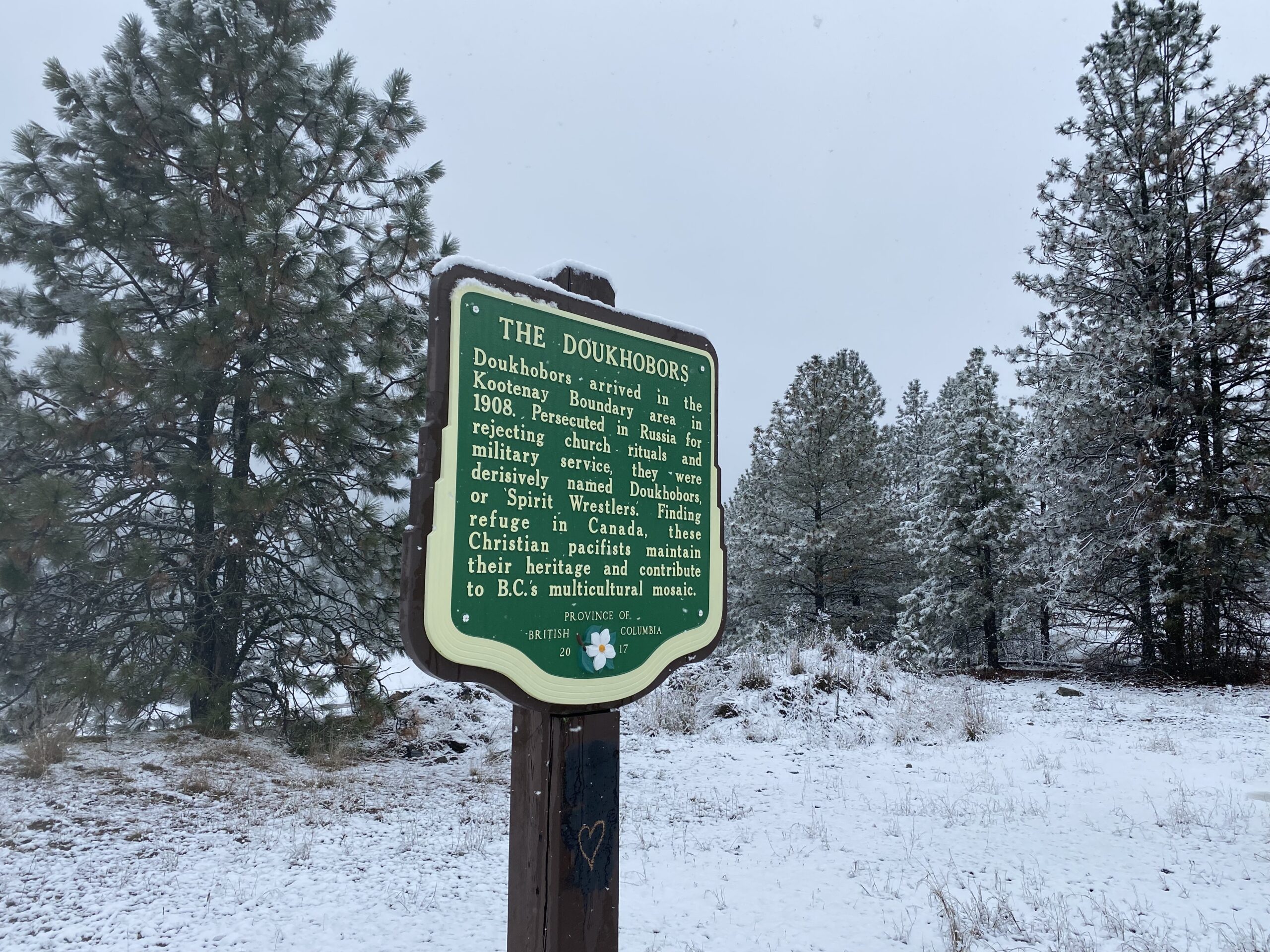
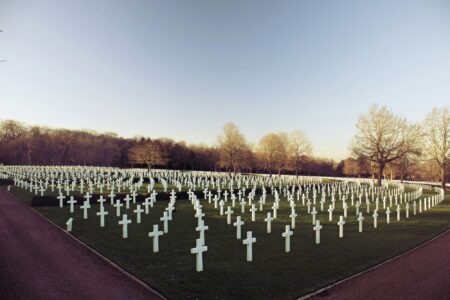


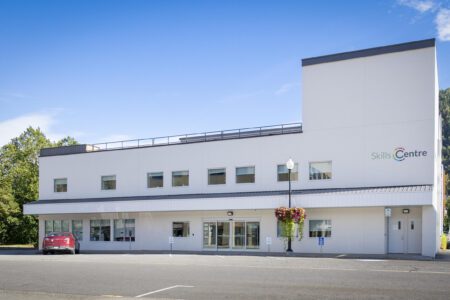
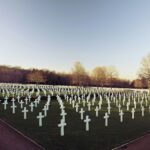












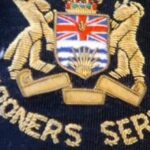




Comments